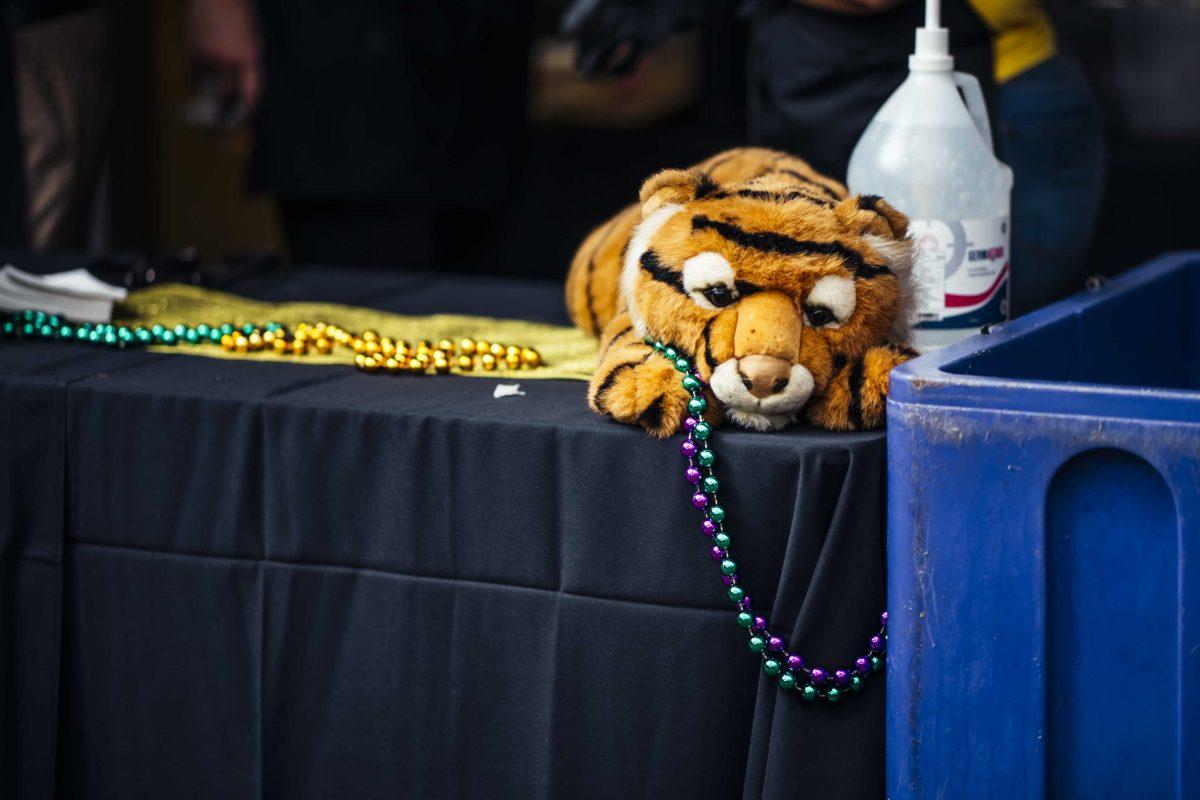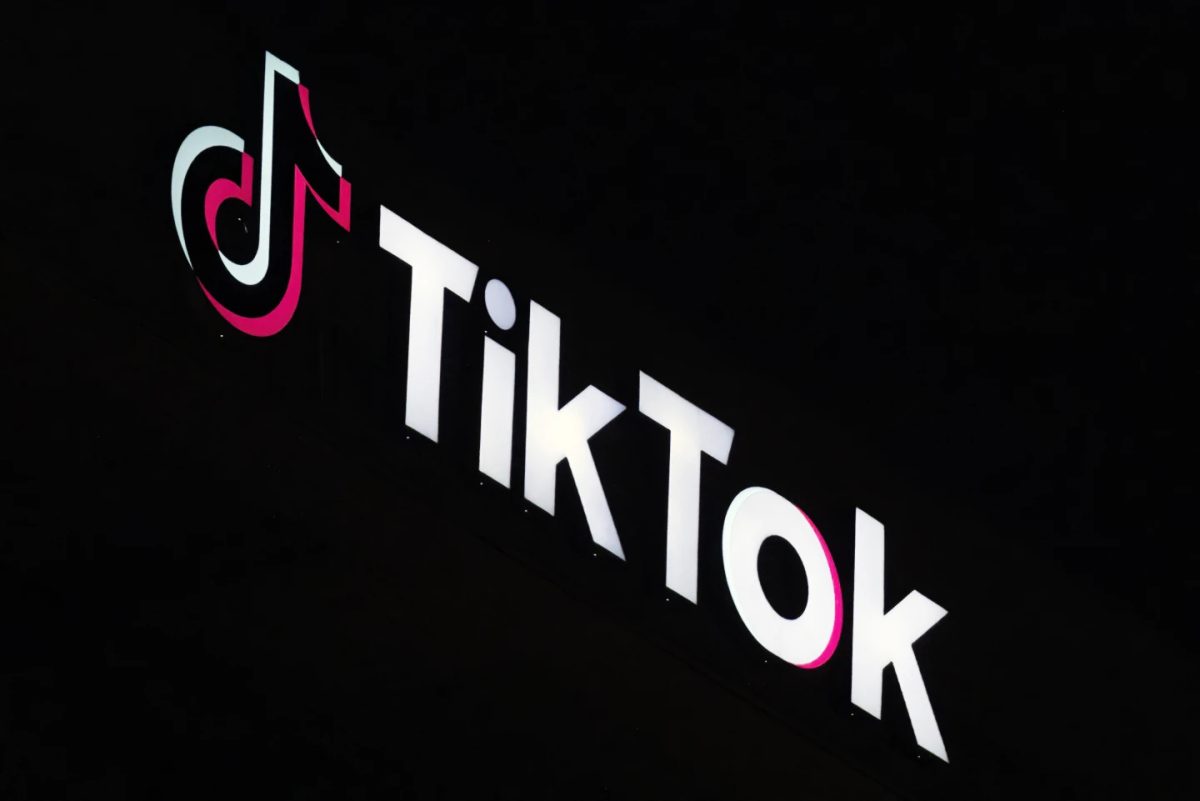What comes to mind when you think of Mardi Gras?
For millions of people around the country, the iconic New Orleanian holiday is nothing less than a glorified rave; an explosion of hedonistic chaos that engulfs the city for a few days every year.
Tune into any movie, TV show or media outlet that involves or reports on the holiday and you will probably get this image: New Orleans as the drunken, wild Las Vegas of the South, X-rated through and through. It is not for the faint of heart, certainly, and under no circumstances should you bring children.
However, ask a local and you will likely get a much different answer.
As this year’s exceptionally abnormal Carnival season comes to an end, I would like to reflect on the holiday’s true cultural significance and, on behalf of all my fellow native New Orleanians, defend it against the philistine outsiders who endlessly misunderstand it.
Having grown up in New Orleans, this issue of Mardi Gras’ national misrepresentation is one that has come up for me almost every year around this time.
As a kid I was forced to listen as adults muttered on and on about how the rest of the country simply “didn’t get” the holiday and relay stories about obscure out-of-towners who were apparently scandalized by the local revelry.
In many ways, this piece is a summary of all those childhood rants. Annoyed New Orleanians have been complaining about this topic for so long that there is little left to say that has not already been bemoaned in the streets on Mardi Gras day.
It seems to me that the central cause of all this misinterpretation is a fundamental misunderstanding about what the holiday truly means with respect to tradition and the city’s common sense of community.
This is probably rather surprising for some to hear, but at its core, Mardi Gras is truly a family-oriented holiday.
Growing up, I rarely missed the season. The couple of weekends preceding Fat Tuesday were spent on the parade route surrounded by family and friends, yelling down floats from dawn ’til dusk.
People of all ages, from newborns to the elderly, could be seen on the streets, often carrying on longstanding traditions that have develop a common Mardi Gras experience spanning generations. There is something so wholesome about that.
Of course, if you look in the right places, the stereotypical, X-rated pandemonium depicted in mainstream media does exist and is certainly a legitimate aspect of the carnival experience for some people.
However, this is a rather limited phenomenon and is, in all honesty, mostly a tourist-oriented response to the Dionysian tone of national discourse about Mardi Gras.
I have ridden in a major Mardi Gras parade for six years, and I can assure you that, when looking out into the miles upon miles of eager parade goers, I see nothing that even closely resembles hedonistic chaos.
Rather, I see thousands of families and friends gathered together to celebrate life and participate in a generations-old tradition.
Evan Leonhard is a 20-year-old English and philosophy sophomore from New Orleans.
Opinion: Outside of New Orleans, Mardi Gras is heavily misunderstood
February 18, 2021
A tiger stuffed animal sits with beads around its neck Wednesday, Feb. 10, 2021 during the LSU Student Activities Board Mardi Gras Mambo event in front of the Student Union on LSU’s campus in Baton Rouge, La.








